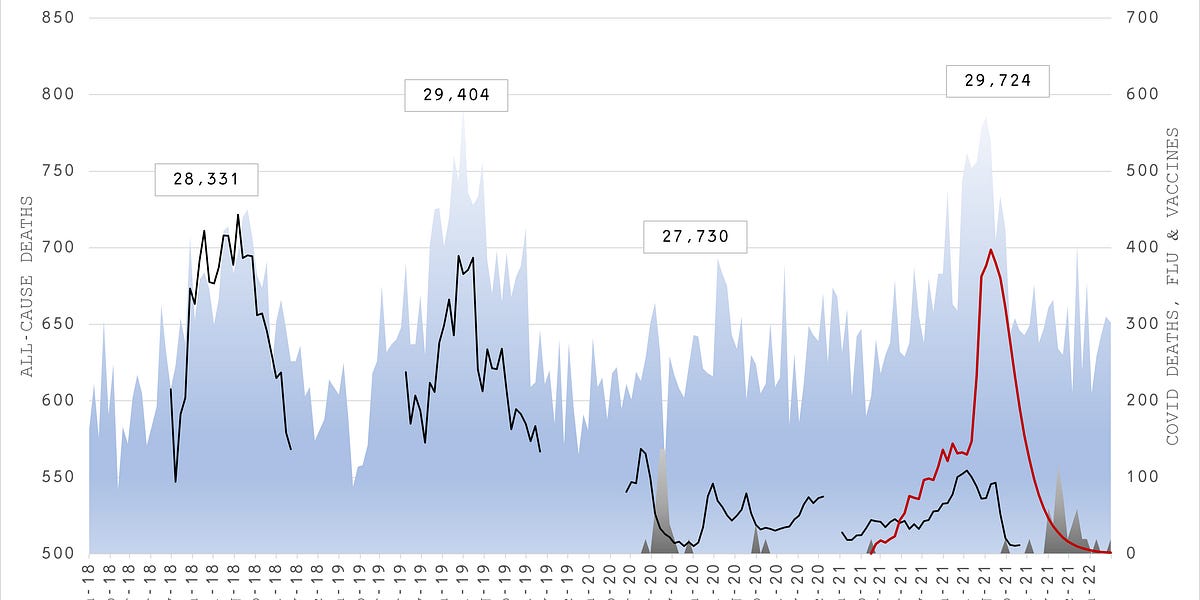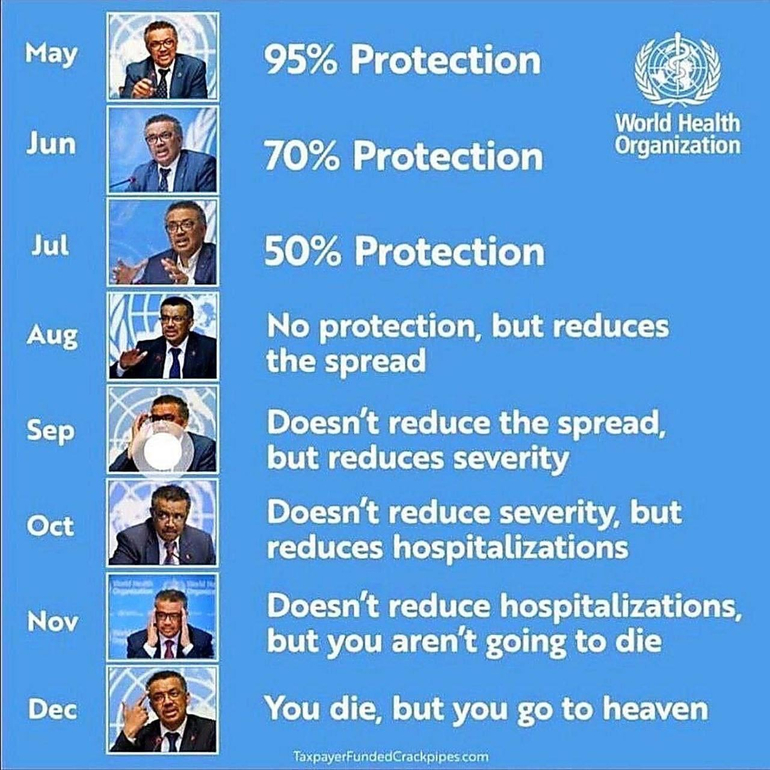A worthwhile article from BBC:
They looked at excess deaths and the numbers are worth perusing despite some issues with even these numbers.
Overall when you take a look at the numbers it is interesting to look at Sweden in comparison to the others.
I've contended from early on that excess deaths was the best number to use for understanding the lethality of Covid-19. But it was really only a good number early on because once the government started doing stupid stuff you could start attributing deaths to governmental idiocy.
Sweden did not get as oppressive as did many of the others and their number of excess deaths was far lower. This is an argument for the less-oppressive approach.
The flip side of that is that the governments which got very oppressive (I'm thinking China, NoKo, and New Zealand don't show up much (or at all) in the statistics presented in the article. In the case of China and NoKo I don't believe much of anything they say or any statistics they present so they don't mean much.
New Zealand, however, is an interesting study of how extreme measures for isolation can work when an infectious disease has not established itself in the population. Right now it looks pretty good in terms of excess and attributable deaths but it is possible that story may still change.
But note that the New Zealand approach never made sense for here in the USA. Covid-19 was established here in the Central Valley of Kalifornia for months before it was recognized - likely (IMHO) at least by October of 2019.
They looked at excess deaths and the numbers are worth perusing despite some issues with even these numbers.
Overall when you take a look at the numbers it is interesting to look at Sweden in comparison to the others.
I've contended from early on that excess deaths was the best number to use for understanding the lethality of Covid-19. But it was really only a good number early on because once the government started doing stupid stuff you could start attributing deaths to governmental idiocy.
Sweden did not get as oppressive as did many of the others and their number of excess deaths was far lower. This is an argument for the less-oppressive approach.
The flip side of that is that the governments which got very oppressive (I'm thinking China, NoKo, and New Zealand don't show up much (or at all) in the statistics presented in the article. In the case of China and NoKo I don't believe much of anything they say or any statistics they present so they don't mean much.
New Zealand, however, is an interesting study of how extreme measures for isolation can work when an infectious disease has not established itself in the population. Right now it looks pretty good in terms of excess and attributable deaths but it is possible that story may still change.
But note that the New Zealand approach never made sense for here in the USA. Covid-19 was established here in the Central Valley of Kalifornia for months before it was recognized - likely (IMHO) at least by October of 2019.




Comment